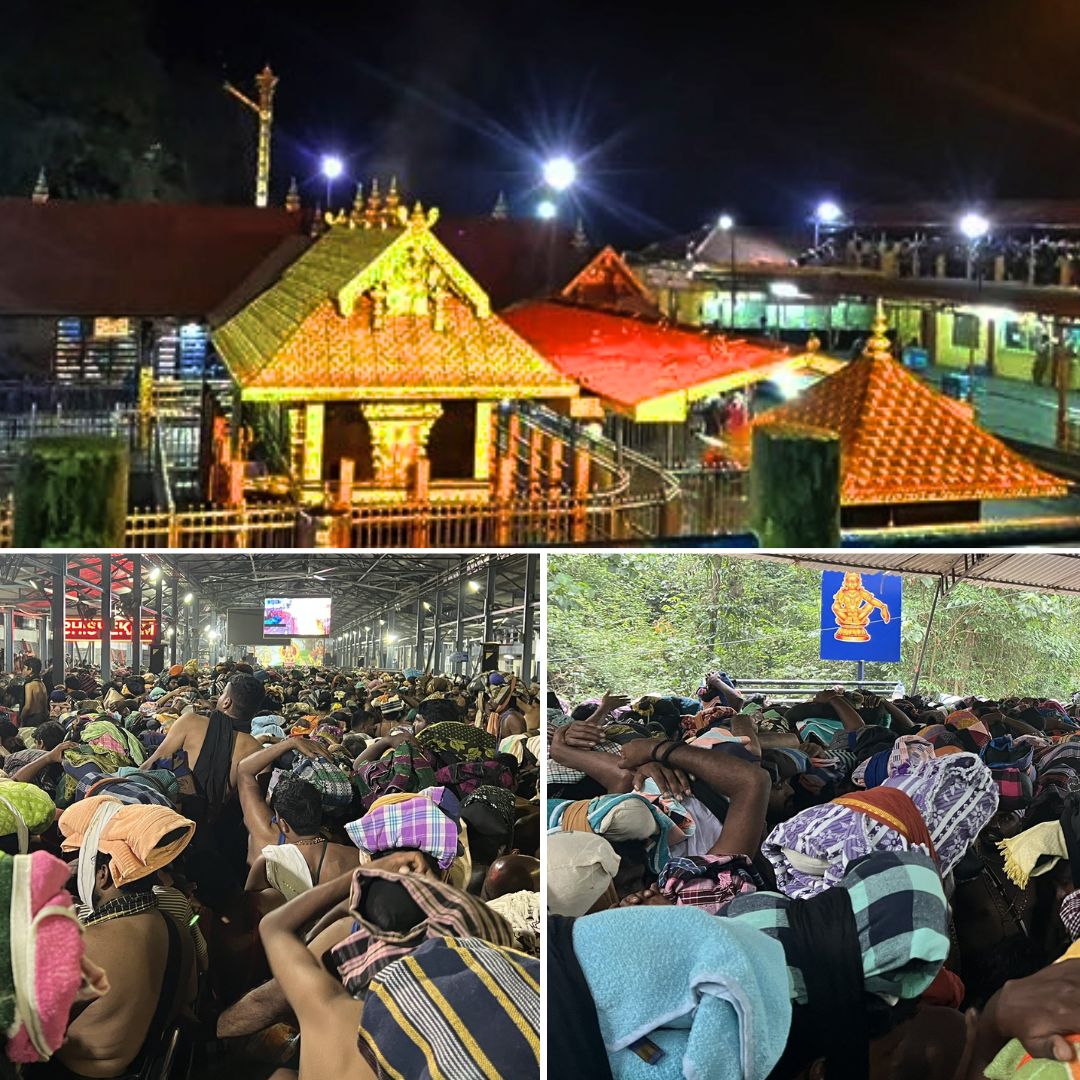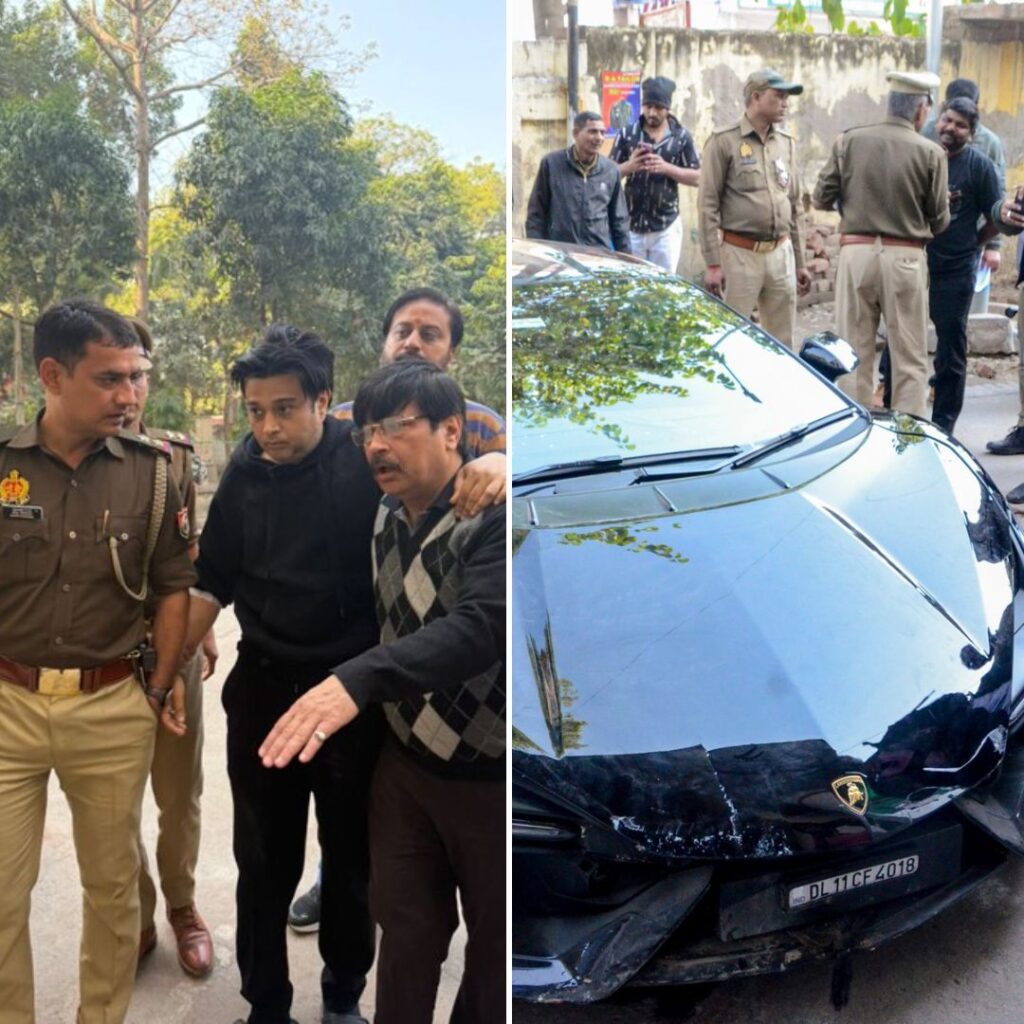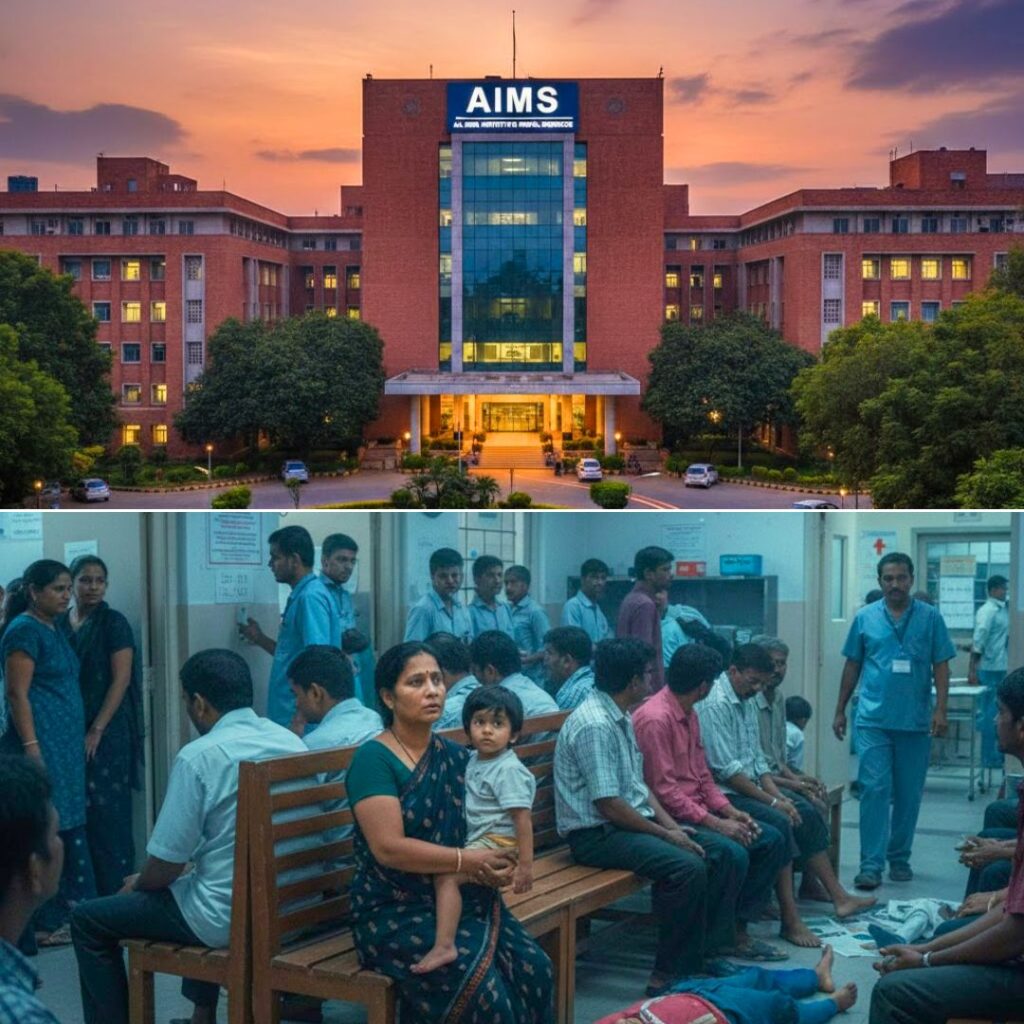The 2025 Mandala Pooja season at Sabarimala officially began on November 17, marking the start of the 41-day austerity and devotional period observed annually by lakhs of Lord Ayyappa devotees. This season is significant as pilgrims observe strict discipline including celibacy, simple meals, and spiritual focus before culminating in the Mandala Pooja on December 27.
However, the initial days saw nearly three lakh devotees facing severe challenges due to overcrowding and logistical issues. Wait times for darshan extended beyond 15 hours in certain spots, and shortages of drinking water coupled with poor sanitation created discomfort and distress.
The massive influx overwhelmed existing infrastructure, highlighting shortcomings in anticipation and event management.
Travancore Devaswom Board Apology and Court Intervention
K. Jayakumar, President of the Travancore Devaswom Board (TDB), took responsibility for the chaos and publicly apologised to devotees for the hardships caused by the inadequate preparations. The Kerala High Court, addressing public interest litigations and petitions, reprimanded the Board and state authorities for last-minute readiness and lack of proper coordination.
Emphasising that preparations for such a massive pilgrimage should begin months in advance, the court ordered strict limits on daily spot bookings, capping them at 5,000 to prevent overcrowding. Following the court’s advisories, additional queue complexes were opened, and the National Disaster Response Force was deployed to manage crowd control, facilitate orderly darshan, and provide emergency assistance.
The TDB also promoted mandatory online booking and virtual queue systems introduced this year to reduce onsite crowding and streamline pilgrim flow.
Background on Mandala Pooja
Mandala Pooja is a revered ritual that marks a spiritually disciplined period leading up to the Makaravilakku festival at Sabarimala. It requires devotees to undertake the “Mandala Vratham”, a 41-day vow of austerity. The pilgrimage customarily attracts millions from across India and abroad, necessitating meticulous planning and coordination between temple authorities and government agencies.
This year’s pilgrimage exposed significant lapses, sparking criticism from opposition parties like Congress and BJP, who blamed the Pinarayi Vijayan-led Kerala government for negligence in crowd management and infrastructure readiness.
The Kerala High Court’s involvement reflects increased public demand for accountability and improved management to safeguard devotees’ safety and wellbeing during large-scale religious events.
The Logical Indian’s Perspective
The events during the 2025 Mandala Pooja illustrate the complexities involved in managing mass religious gatherings rooted in faith and tradition.
The apology from the Travancore Devaswom Board and court directives underscore the need for conscientious planning, transparency, and empathy towards the pilgrims who undertake this sacred journey. Adopting digital solutions such as virtual queues and online bookings is a positive step forward but requires ongoing refinement and widespread adoption.
Authorities must partner with community leaders and devotees to cultivate a pilgrimage environment that honours devotion while prioritising safety, sanitation, and dignity.
At #Sabarimala Temple ✨
— K Sathish (@sathishoffl) November 17, 2025
More than 11 hours standing on queue, ppl including kids have been suffering due to mismanagement and lack of essential facilities to handle the crowd other than making them stand in queue by #sabarimaladevaswom board
terrible experience😒🙏🏻
yet to… pic.twitter.com/6nnr95mdMw












